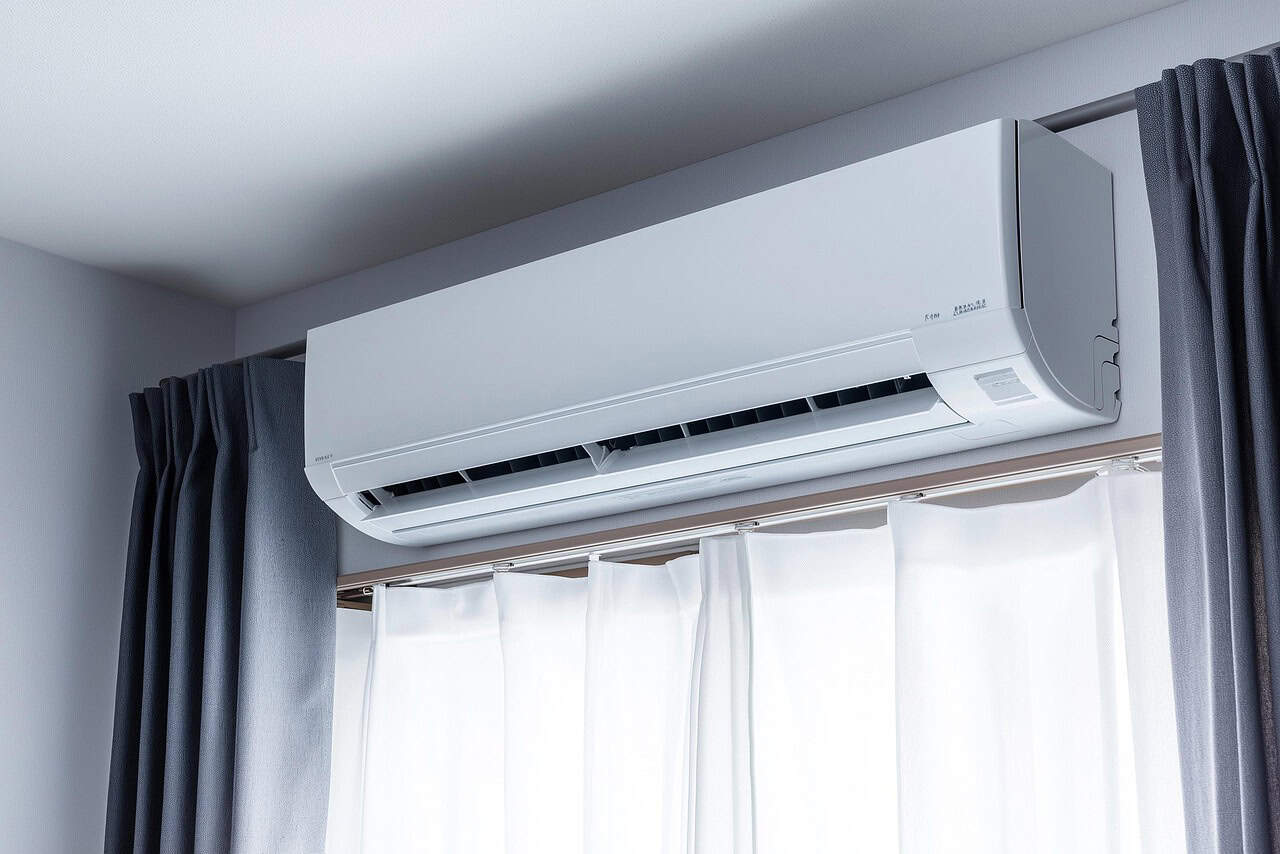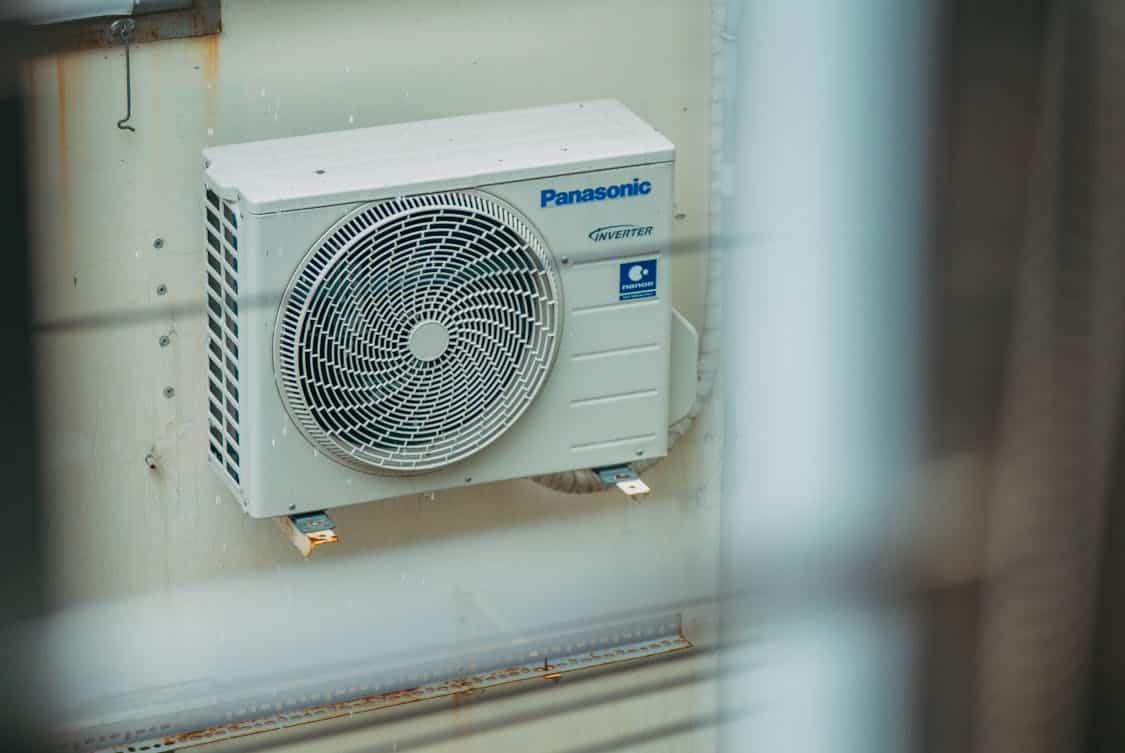Why AC Breakdowns Always Happen on the Hottest Days

When the sun blazes down and temperatures soar, one might wonder why air conditioning units suddenly decide to give up the ghost. It’s a puzzling phenomenon that many experience when they need their cooling systems the most.
Understanding the reasons behind these breakdowns can save you from sweaty discomfort and costly repairs.
Increased Demand on Hot Days
On scorching days, air conditioners work overtime. Just think about it: when the mercury rises, everyone cranks up their AC units.
This spike in usage places enormous strain on the system. Compressors, coils, and fans struggle to keep up, leading to potential malfunctions.
The increased workload can amplify existing issues that may have gone unnoticed during cooler months. Components that are already on the edge could fail under the pressure, turning a minor problem into a complete breakdown.
Lack of Maintenance
Routine upkeep is often overlooked until it’s too late. Many homeowners tend to forget about their AC systems until the heat settles in.
Filters gather dust and debris, which can hinder airflow. Without regular checks, you risk letting small issues fester.
A clogged filter forces the unit to work harder, consuming more energy and increasing the risk of overheating. This neglect often leads to breakdowns just when you need comfort the most. Regular maintenance is vital, and postponing it can lead to untimely failures.
If you want reliable cooling all summer, consider hiring air conditioning repair professionals who can catch problems early and keep your unit running at peak performance.
System Age and Wear
Like any machine, air conditioning units have a lifespan. If your system is aging, it’s more prone to issues, especially during peak usage times. Parts degrade over time, and older units may struggle with the added stress of high temperatures.
Think about it: if your air conditioner is more than ten years old, it’s likely nearing the end of its useful life. As components wear out, the risk of breakdowns rises sharply.
Knowing the age of your system can help you plan for replacements before a hot day catches you off guard.
Environmental Stress

When the heat intensity rises, so does the stress on your AC system. High temperatures can affect outdoor components, especially the condenser unit. If the air surrounding it is too hot, the unit may not be able to release heat effectively, leading to overheating.
This environmental stress can trigger safety mechanisms in your AC, causing it to shut down. Not only does the heat impact performance, but humidity can also play a role.
High humidity levels make it harder for your AC to cool your home, pushing it to work harder and increasing the chances of malfunction.
Electrical Issues
Many breakdowns occur due to electrical problems, which often become evident during peak usage. When air conditioners are under heavy strain, electrical components can fail. This includes everything from circuit breakers to the thermostat.
In extreme heat, the risk of electrical overload increases. Poor connections or frayed wires can magnify these issues, leading to system failures. A sudden surge might trip the breaker, leaving you without cooling when it’s needed the most.
Refrigerant Problems
Refrigerant is the lifeblood of an air conditioning system, and problems regarding it often lead to breakdowns. Low refrigerant levels can stem from leaks, which are often exacerbated on hot days when pressures rise.
When refrigerant is low, the system cannot cool the air effectively. This forces the unit to work harder, leading to further complications.
If you notice that your AC isn’t cooling properly, it’s wise to call in a professional to check for leaks rather than letting the unit struggle.
Improper Installation
Sometimes, the root cause of breakdowns lies in poor installation. If an air conditioning unit isn’t set up correctly, it may never perform optimally. This can lead to inefficiencies and premature wear on components.
An improperly sized unit can also contribute to breakdowns. If it’s too small, it won’t be able to cool effectively, causing it to run continuously.
Conversely, a unit that’s too large can short cycle, leading to increased wear and tear. Proper installation is foundational to longevity and reliability.
Unexpected Overload
Every now and then, the unexpected occurs. Power outages, storms, or even a sudden influx of guests can put additional strain on your air conditioning system. These overloads can catch you off guard, leading to breakdowns when you least expect it.
During heatwaves, power demand increases significantly, which may lead to grid overloads and outages.
If the power returns abruptly, it can cause electrical surges that your AC isn’t equipped to handle. This can lead to the untimely failure of components, leaving you sweltering indoors.
Thermostat Troubles
The thermostat is the brain of your air conditioning system. If it malfunctions or fails, your entire cooling operation can go haywire. On exceptionally hot days, a faulty thermostat can cause your system to either run constantly or not at all.
A miscalibrated thermostat may cause the unit to operate less efficiently, leading to higher energy bills and increased wear. This might not be catastrophic at first, but over time, this inefficiency can lead to system failures just when you need your AC the most.
Seasonal Changes
The transition into summer often brings a surge in temperatures, and many homeowners don’t turn on their AC until the heat is unbearable. This sudden shift can catch systems off guard, especially if they’ve been dormant for months.
After lying idle during the cooler months, dust and debris accumulate, which can lead to breakdowns once the system is pushed back into action. Just like a car that hasn’t been driven in a while, air conditioners need a bit of a warm-up to get back into working order.